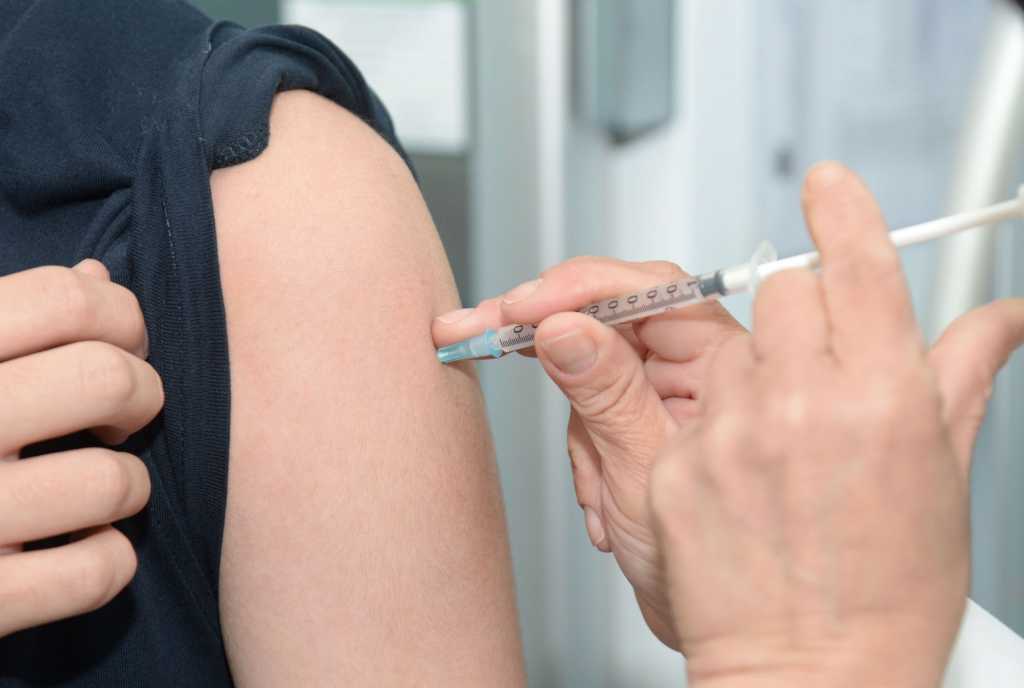A psychiatry professor at one of the most renowned medical institutions in the world is warning against allowing children to transition their genders, likening transgender treatment for minors to performing “frontal lobotomies.”
Dr. Paul McHugh, a distinguished professor of psychiatry and behavioral sciences at Johns Hopkins University in Baltimore, told The College Fix there will likely be long-term negative implications for children allowed to engage in hormonal treatments for gender dysphoria.
He called the transgender treatment of minors “reckless and irresponsible.”
“[Doctors] don’t have evidence that [the treatment] will be the right one,” McHugh explained. “Many people are doing what amounts to an experiment on these young people without telling them it’s an experiment.”
He continued, “You need evidence for that, and this is a very serious treatment. It is comparable to doing frontal lobotomies.”
Many of the children experiencing dysphoric feelings, the doctor explained, are likely suffering from mental health issues. Of course, that had been the medically accepted understanding of such feelings until very recently.
It wasn’t until May of this year that the World Health Organization removed “gender identity disorder” from its list of diagnoses. As such, the WHO no longer considers gender dysphoria a “mental disorder.”
Relatedly, a study from August found 80 percent of “gender minority” students — those who consider themselves gender-queer, gender-nonconforming, and transgender — reported having at least one mental health issue. By comparison, only 45 percent of their “cisgender” peers — males and females who identify with their biological sex — said the same.
So McHugh is not entirely convinced there isn’t a link between feelings of transgenderism and mental wellness.
“I think their mental problems, often depression, discouragement, are the things that need treatment,” he said. “I’m not positive about this. It’s a hypothesis, but it is a very plausible hypothesis, and it would explain why many of the people who go on to have treatment of their body discover they are just as depressed, discouraged, and live just as problematic lives as they did before, because they did not address the primary problem.”
The Johns Hopkins professor is also anticipating issues down the road for minors who are allowed to undergo treatment for transgenderism, whether hormonally or surgically.
Those who begin transitioning as kids will “be in the hands of doctors for the rest of their lives,” he warned, adding, “Many of them are going to be sterilized and not able to have their own children, and many will regret this.”
“Can you imagine having a life where you need to seek doctors all the time, for everything, just to live?” McHugh continued. “Getting your hormones checked, getting everything checked. That is something doctors should like to spare people of.”
Additionally, McHugh referenced a 2018 study reportedly censored by Brown University in Providence, Rhode Island, after the survey’s lead researcher, professor Lisa Littman, discovered a “contagion effect” when it comes to transgenderism among children.
“In online forums, parents have been reporting that their children are experiencing what is described here as ‘rapid-onset gender dysphoria,’ appearing for the first time during puberty or even after its completion,” wrote Littman, an assistant professor of behavioral sciences at Brown. “The onset of gender dysphoria seemed to occur in the context of belonging to a peer group where one, multiple, or even all of the friends have become gender dysphoric and transgender-identified during the same timeframe.”
Gender confusions among young people, McHugh said, is “mostly being driven by psychological and psychosocial problems these people have,” which, he added, “explains the rapid onset gender dysphoria Lisa Littman has spelled out.”



